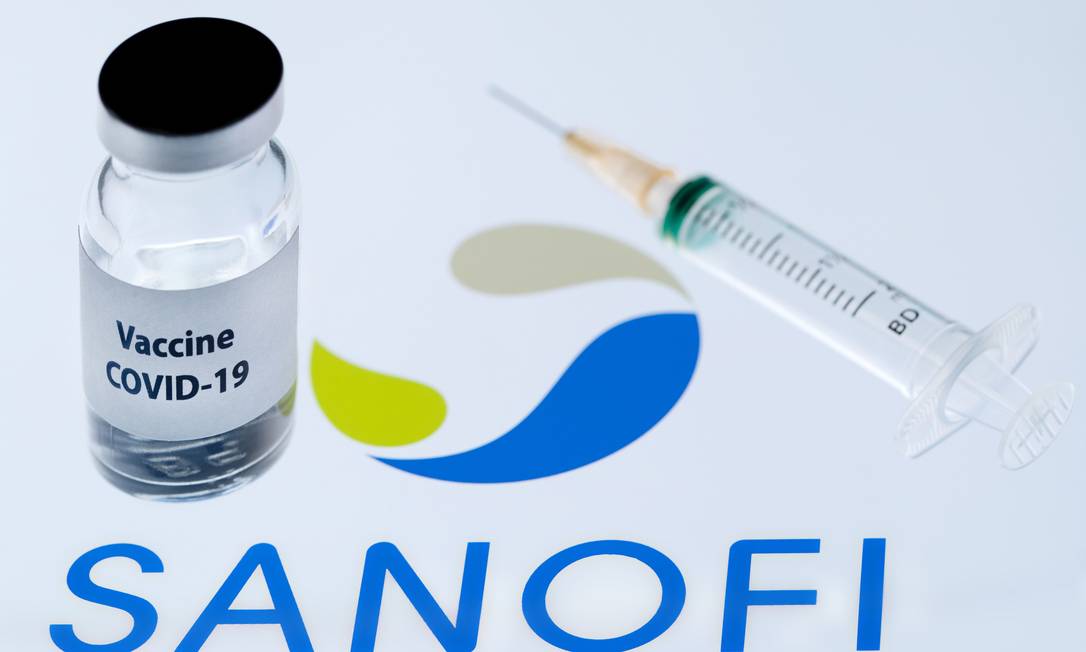RIO DE JANEIRO, BRAZIL – After plans to buy India’s Covaxin vaccine fell through in the wake of a series of charges filed in Covid’s CPI against the product’s representative in Brazil, the country’s private vaccination clinics face a double hurdle to participate in the campaign against coronavirus.
It’s a zero-sum game. First, they must find a vaccine, since the major laboratories all have contracts with governments. Then, they must contend with legislation that today allows for the private purchase of vaccines, as long as half are given to patients for free, and the other half is donated to the National Health System (SUS).

In this vacuum of options, finding other vaccines still being studied has become a focus for some clinics.
Industry sources, who did not want to be named, say the vaccine is produced by a partnership between France’s Sanofi and the U.K.’s GSK is considered the most cited to provide these services if it is successful in its trials, which are currently in Phase 3, the last of the phases.
According to these sources, Sanofi and GSK have already stated that they are not opposed to a sale to the private market.
Once the research is completed, the planned vaccine will still have to go through the regulatory approval process, making this plan not feasible until 2022. Since the campaign for Brazilian adults should be completed by that time, clinics should offer the vaccine as a booster dose.
The need for a new round of protection is still being studied by scientists seeking to understand the vaccines’ medium- and long-term effects.
While clinics cannot charge for Covid-19 vaccines, some see an opportunity to showcase their brand to participate in the vaccination campaign.
Sanofi and GSK said in a statement that given that the vaccine is still in development, it is too early to communicate a potential marketing strategy at this time, as it depends on several factors that have yet to be evaluated.
LACK OF CONSENSUS
However, the call for a vaccine that can reach private services is not without controversy in the industry. In the Covaxin negotiations, 59 clinics signed the contract with Precisa Medicamentos, according to documents obtained by the Senate Covid CPI. But in total, ABCVAC has more than 400 members.
“This is not the right time (for private clinics to buy vaccines). We must first see that the whole planet is vaccinated and then think about specific groups. Vaccination clinics complement what governments do not offer. For Covid, public health is a priority,” says Isabella Ballalai, medical director of the Vaccini network, has 25 facilities in the country and has not yet negotiated vaccinations.
The prophylaxis network, which has 31 franchises across Brazil, also has no plans to participate in the campaign, for now, says the company’s director, Daniel Tendler.
In addition to the difficulty of buying vaccines, clinics also face a legal problem. Law 14.125/21, passed in March, authorizes states, municipalities, and the private sector to purchase Covid-19 vaccines under certain conditions.
When vaccinating priority groups, companies should donate 100% of their purchases to SUS. Once this campaign phase is completed, they could use 50% of the doses for free and donate the other half to SUS.
According to Geraldo Barbosa, president of the Brazilian Association of Vaccination Clinics (ABCVAC), clinics no longer practice immunization. By law, they do not receive remuneration for their services in the Covid-19 campaign.
Therefore, the approved text was already a problem for the sector before the Covaxin negotiations became unfeasible, which occurred when the vaccine was left without a representative in Brazil.
Finding another Covid immunization agent that can be purchased by private entities is also a challenge. Major pharmaceutical companies are still required to sell the vaccines only to governments. Covaxin was an exception because it comes from a country where private coronavirus vaccination is carried out.

